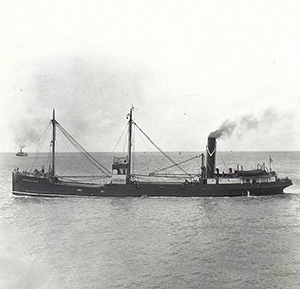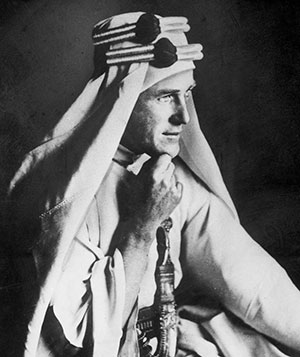Emmet O’Connor’s review of Republicanism and socialism in Ireland
Published in Issue 4 (July/August 2017), Letters, Volume 25Sir,—In his review of my book (HI 25.3, May/June 2017) Emmet O’Connor compares my original Ph.D dissertation of 1984 with the new publication. If he had really read the original thesis he would have seen how much has been changed.
It is essentially a new edition. Not only have recent publications on Connolly been considered, but in other areas also—the United Irishmen, Young Irelanders, Fenians and the Land League—I have critically assessed publications that have appeared after 1984. I make it clear in my introduction that the book is a history of ideas in Ireland and not the history of Irish labour and therefore the writings of those engaged in republicanism and socialism from Tone to Connolly are of prime importance. O’Connor writes dismissively: ‘No one would think of writing a history of Soviet Communism from the biographies and letters of Lenin, Stalin, Brezhnev and Gorbachev’ but ‘Metscher tells the story of socialist republicanism in terms of the writings of a handful of political leaders’. Would the reviewer not agree that a history of the Soviet Union would be of little worth if, for example, the political and theoretical writings of Lenin are not taken into consideration?
It was not my purpose to analyse political practice in detail but the ideas behind the practice. O’Connor overlooks this point. How can the ideas of the United Irishmen and the Young Irelanders (Lalor and Mitchel) be ‘potted, familiar and pointless’? It would seem that O’Connor merely skimmed through the book or has little knowledge of the material under scrutiny. He maintains, for example, that Connolly concludes Labour in Irish history with the emergence of trade unions in the 1830s. In fact, he ends—historically correctly—with the Land League.
If trade unionism is dealt with ‘intermittently’ (though hardly ‘dismissively’), it is because it is not the main subject of the book. O’Connor criticises me for concentrating on ‘Connolly and friends’ and not giving due consideration to the ‘real force’ that Larkin gave to socialist republicanism in the labour movement. Certainly Larkin and his significance are indeed discussed, but it is pointed out that, as far as socialist republican ideas are concerned, Larkin is no match for Connolly on the theoretical level.
O’Connor repeats the allegation that Connolly joined the Rising primarily because he was a nationalist. Where is the evidence? He dismisses my approach as ‘achingly old-fashioned and un-Marxist’. What does he understand by ‘Marxist’? It would appear that he cannot differentiate between ideology and progressive ideas. The distinction between these is clearly made by Marx, Engels, Lenin and Gramsci, as well as by Connolly himself as part of the Marxist tradition. If the reviewer had any understanding of Marxism he would know that Connolly’s Marxism is clearly established. (See Thomas Metscher, The Marxism of James Connolly [Dublin, 2015].)
O’Connor criticises the fact that in my conclusion I do not consider the application of socialist republicanism in the labour politics of 1917–21. That is a chapter of Irish history that is obviously beyond the scope of the book (the subtitle of which is From Wolfe Tone to James Connolly). I conclude by demonstrating that Connolly’s socialist strategy for the national liberation movement is an original contribution to Marxist theory and practice. I have written a considerable number of articles and a book on James Connolly. In the Marx Memorial Library’s journal Theory and Struggle (2016) I place Connolly and the Easter Rising in an international context.
The book according to O’Connor is ‘tendentious and selective’. If he means that I write in the tradition of Connolly and republicanism, then of course my sympathies lie there.—Yours etc.,
PRICILLA METSCHER


















